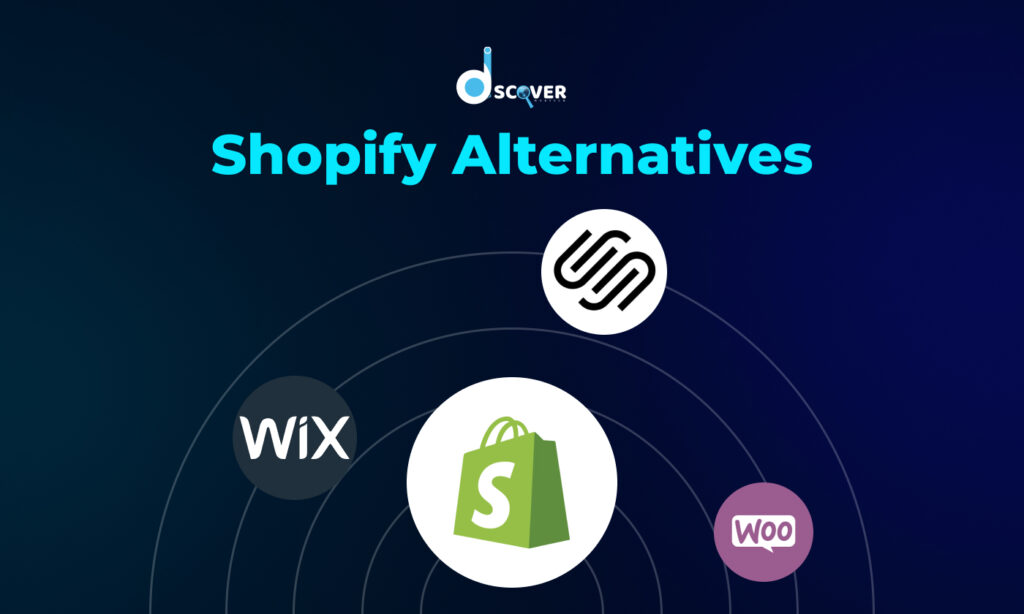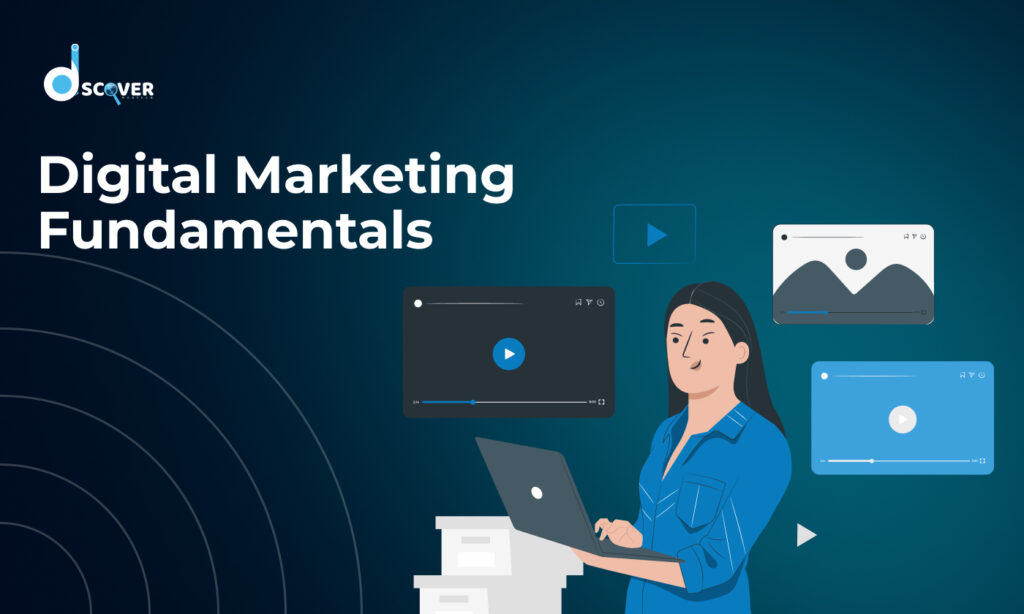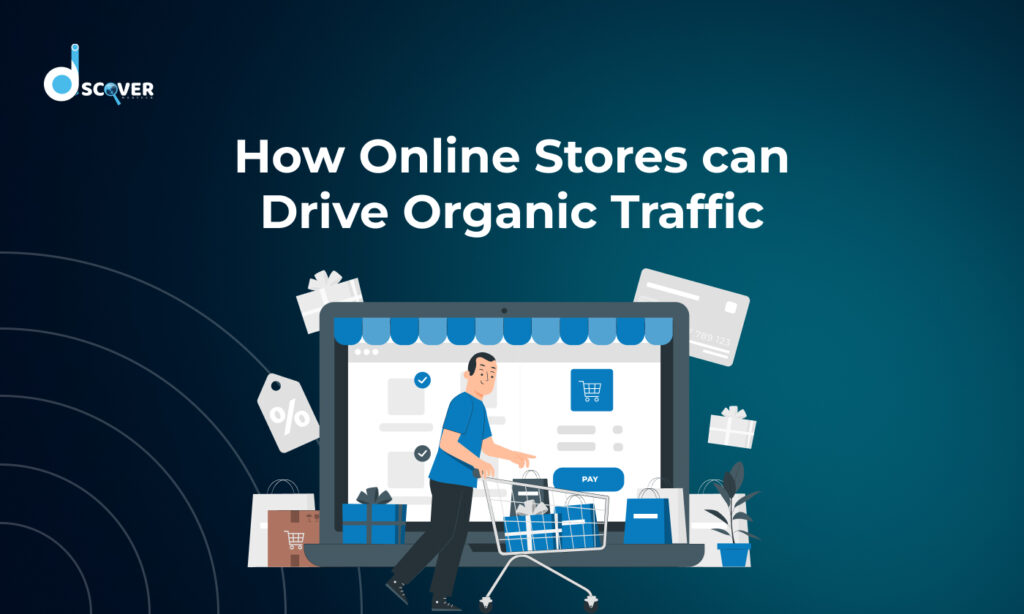
For small businesses and startups, picking the right e-commerce platform is key to growing and succeeding. While Shopify is a popular choice, many entrepreneurs are exploring Shopify alternatives that might work better for them. One reason is that Shopify can be expensive, especially with its pricing plans and extra fees, which may not fit a small budget. Also, some of Shopify’s features might not match the specific needs of new businesses, particularly if they require more customization or have a niche market. Many business owners are looking for platforms that are more affordable, flexible, and easier to use, with better options for growth.
Key Factors to Consider When Choosing an E-Commerce Platform
When choosing an e-commerce platform, there are a few key things to think about to make sure it works for your business.
- Pricing and Cost Structure: Find a platform that fits your budget, with clear pricing and no hidden fees. Look for one that offers a free trial or a low-cost plan to start.
- Ease of Use and Customization: The platform should be easy to use, even if you’re not tech-savvy. It should also let you customize things to match your brand’s style.
- Scalability and Growth Potential: Choose a platform that can grow with your business. As you get more customers and products, it should be able to handle the extra demand.
- Payment Gateway and Transaction Fees: Make sure the platform works with your preferred payment gateway and check for any extra fees when processing payments.
- Customer Support and Community: Good customer support is a must if you run into problems. Also, see if the platform has a helpful community of users for advice and tips.
Top Shopify Alternatives for Small Businesses and Startups
If you’re looking for the best Shopify alternatives for small businesses and startups, there are several platforms to check out, each offering something different:
- BigCommerce: A great choice for growing businesses, BigCommerce has strong features and support to handle growth.
- Wix eCommerce: Perfect for beginners, Wix is easy to use and lets you customize your store with beautiful templates.
- Squarespace: Ideal for businesses that focus on design, Squarespace offers stylish templates and solid e-commerce features.
- WooCommerce: If you use WordPress, WooCommerce is a great option—it’s customizable and cost-effective.
- Weebly: Very user-friendly, Weebly is great for beginners who want a simple, drag-and-drop way to build their store.
- Ecwid: If you already have a website, Ecwid can add e-commerce features easily, so you can start selling quickly.
Comparison of Features: Shopify vs. Alternatives
When comparing Shopify with other e-commerce platforms, it’s important to look at a few key factors to find the best fit for your business:
- Price Breakdown: Shopify offers different pricing plans, but it can get pricey, especially with transaction fees. Some other platforms, like BigCommerce and WooCommerce, offer more affordable options or don’t charge transaction fees, which can be better for small businesses.
- Features and Functionality: Shopify has a lot of great features, but platforms like BigCommerce and WooCommerce offer similar or even better tools, such as advanced inventory management, better SEO features, and built-in payment options.
- Ease of Use: Shopify is easy to use, but platforms like Wix and Weebly also offer simple, drag-and-drop tools that make it easy for beginners to set up their store without needing technical skills.
- Flexibility and Customization: Shopify gives you many apps and integrations, but platforms like WooCommerce and Squarespace offer more freedom when it comes to designing and customizing your store, especially if you want something unique.
Additionally, for businesses looking to focus on B2B e-commerce optimization, platforms like WooCommerce provide more tools and flexibility for optimizing sales strategies for bulk buying and larger customer bases.
Best Shopify Alternatives for Specific Business Needs
When looking for the best Shopify alternatives for specific business needs, different platforms work better for different types of businesses:
- For Budget-Conscious Startups: If you’re on a tight budget, Weebly and Wix eCommerce offer affordable plans with no hidden fees, making them great choices for small businesses just starting out.
- For Creatives and Artists: Squarespace is perfect for creatives, with its beautiful templates that make it easy to showcase art, photography, or handmade goods.
- For Local Businesses and Brick-and-Mortar Stores: If you already have a physical store, Ecwid can quickly add e-commerce features to your website, allowing you to sell both online and in-store.
- For Dropshipping Startups: BigCommerce and WooCommerce are great for dropshipping businesses, with features that help you manage suppliers, inventory, and orders easily.
How to Choose the Right Shopify Alternative for Your Startup
Choosing the right e-commerce platform for your startup comes down to a few key things. First, think about your business goals—whether you need a platform that can grow with you, has great design options, or specific features. Next, set a budget, keeping in mind monthly fees, transaction costs, and any extra costs for apps or customizations. Good customer support is also important, so make sure the platform offers reliable help and useful resources like tutorials. Finally, try out different platforms with free trials or low-cost plans to see which one works best for your business before fully committing. Don’t forget to also focus on e-commerce SEO to ensure your online store ranks well and attracts customers.
Final Thoughts
To sum up, there are many great Shopify alternatives out there, each offering different benefits for small businesses and startups. Platforms like BigCommerce, Wix eCommerce, and WooCommerce are great for businesses that need more features and customization, while Squarespace and Weebly are perfect for those looking for easy-to-use, beautiful designs. When choosing a platform, think about your specific needs, like your budget, how much flexibility you want, and the support you’ll need. By keeping these factors in mind, you can find the platform that works best for your business and helps it grow. If you’re unsure about which platform is right for you, consider consulting with a Shopify developer to help guide you through the options and make the best choice.


